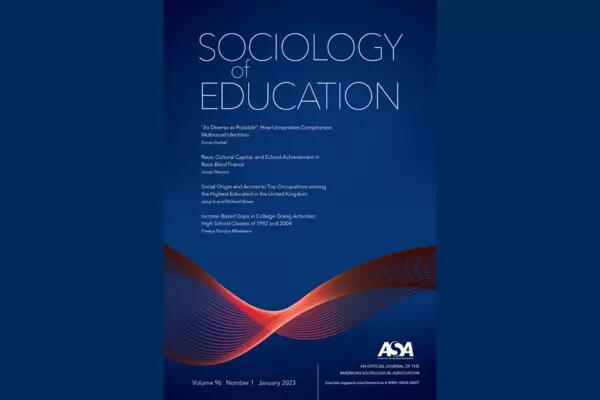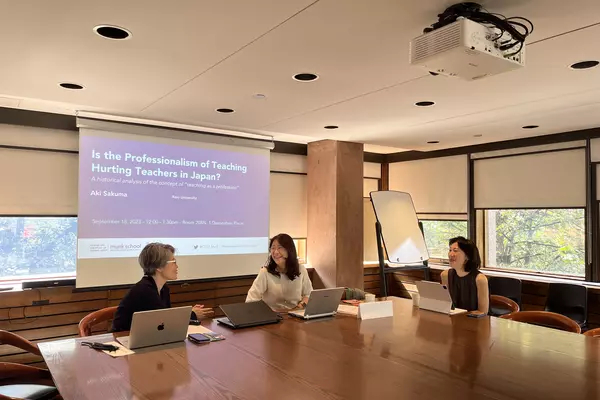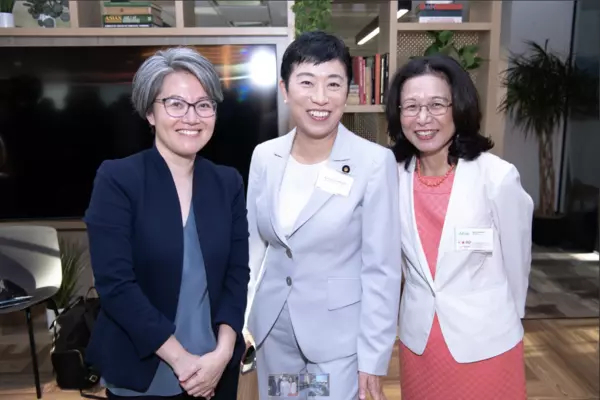Rie Kijima

Biography
Rie Kijima is an Assistant Professor at the Munk School of Global Affairs & Public Policy, University of Toronto. She is also the Director of Initiative for Education Policy and Innovation.
Her research addresses topics such as the politics of international assessments, global trends and impact of education reforms, and STEAM education. Her recent articles have appeared in journals such as The Review of International Organization, Sociology of Education, and International Journal of STEM Education.
She was previously a Lecturer and Interim Director of the International Comparative Education and International Education Policy Analysis programs at the Stanford Graduate School of Education. She received her Ph.D. and M.A. from Stanford University, and her B.A. from ICU, a liberal arts college in Tokyo, Japan.
She has worked at aid agencies such as the World Bank and Japan International Cooperation Agency. At the World Bank, she was an education consultant specializing in monitoring and evaluation. She helped advance equity-focused education projects in Morocco, Tunisia, Vietnam, and Laos.
She has been affiliated with the Stanford Program in International and Cross-Cultural Education, Keio Graduate School of Media Design, Silicon Valley Japan Platform, and the United States Japan Council. She is the Scott M. Johnson Fellow and a member of the Fellows Advisory Committee at the US-Japan Foundation.
In 2016, she co-founded SKY Labo, an education non-profit organization that aims to cultivate the next generation of STEAM learners. The organization offers education programs that are grounded in constructivist theory, using human-centred pedagogical approaches. These educational interventions have positively influenced learners’ perceptions toward STEM, elevated their creative self-efficacy, and increased their global and critical consciousness.







